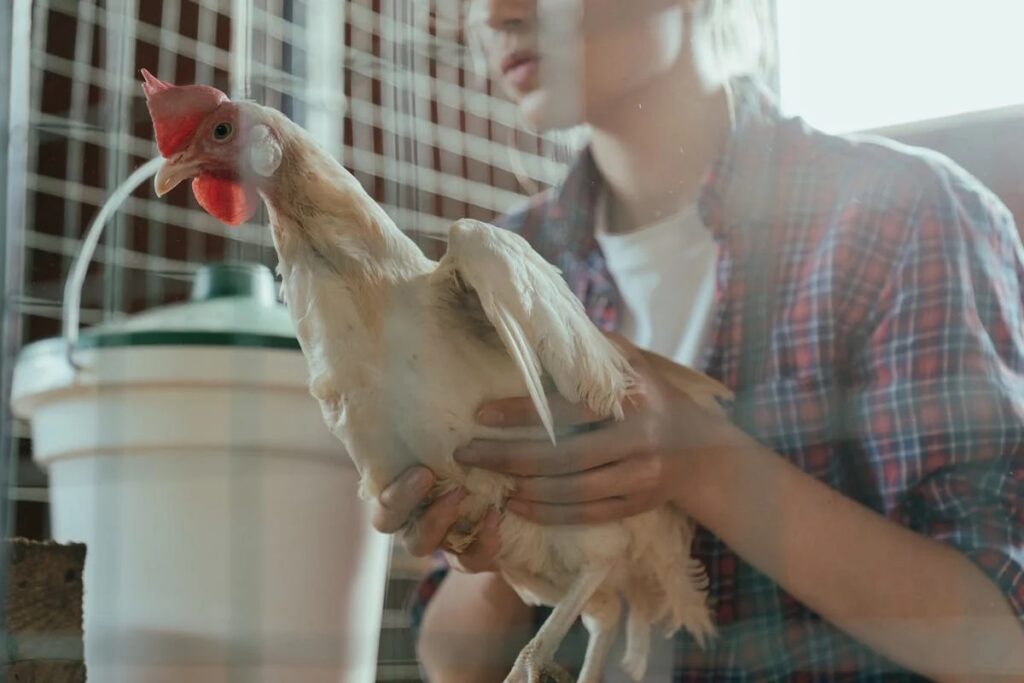
I’ve been watching a lot of YouTube videos about homesteading and prepping lately. Partly because I find the whole idea fascinating; growing your own food, living off the land, being prepared for whatever the world throws at you. But also because, let’s be honest, things are looking shaky out there, and knowing how to take care of yourself just seems like common sense.
One of the biggest ideas in these circles is self-sufficiency. The dream is to do everything yourself: raise your own livestock, mend your own clothes, build your own house, generate your own power. The idea is certainly appealing, and sure, there’s real value in learning to be more capable and less dependent on fragile systems. But the more I hear about self-sufficiency, the more I realize something: It’s not terribly practical for most people.
Very few can be truly self-sufficient. Not now, maybe not ever. Even the most rugged pioneers traded with neighbors. Even the most independent farmers still relied on a blacksmith, a doctor, or a general store. The idea that one person can master every single skill necessary for survival is not just unrealistic; it’s exhausting.
The better alternative? Community-sufficiency. Instead of each person trying to be a jack-of-all-trades, communities could focus on diverse skill sets. One person grows food, another fixes engines. Someone else knows how to set a broken bone, and another can build a sturdy roof. The strength of a community isn’t in how much each individual can do alone; it’s in how well people work together.
But here’s the kicker: Building that kind of community takes effort. It takes trust. It means actually knowing your neighbors, working with them, and letting go of the idea that independence means isolation. That’s a tough shift for a lot of people, especially in a culture that glorifies doing everything yourself.
The truth is, survival has never been about being alone. It’s about connection. It’s about knowing that when things get hard, there’s someone who’s got your back; and in return, you’ve got theirs.
So sure, learn new skills. Stock up on what you need. But don’t buy into the myth that self-sufficiency is the end goal. The real way forward isn’t doing it all yourself. It’s making sure you don’t have to.
Join us in making the world a better place – you’ll be glad that you did. Cheers friends.